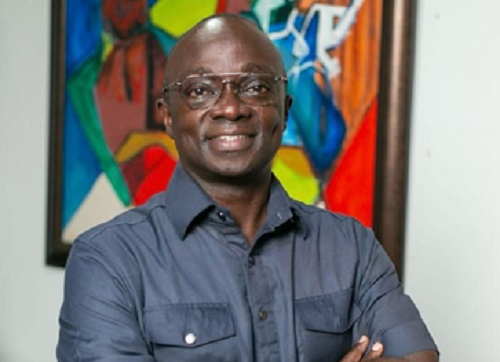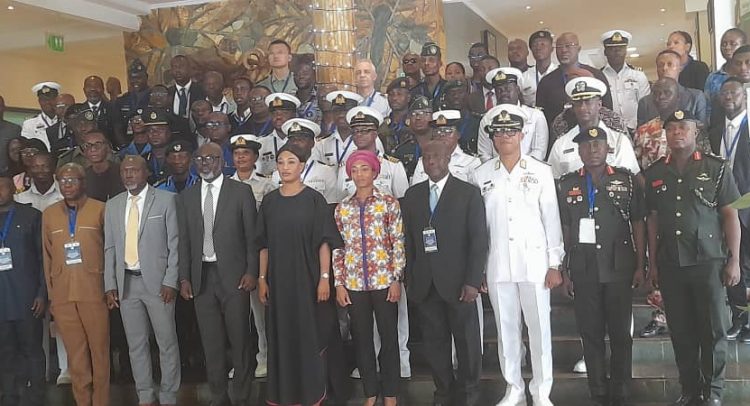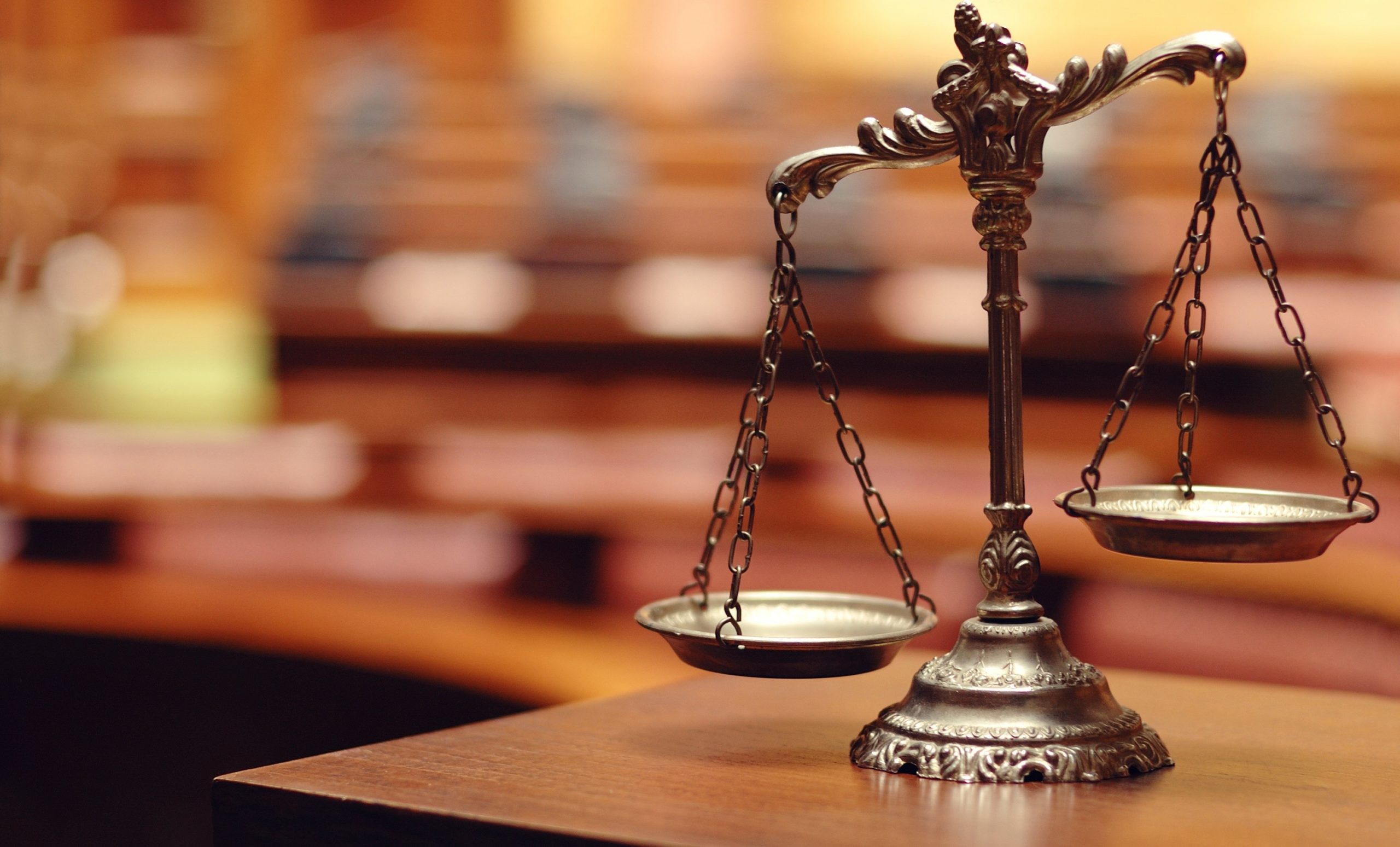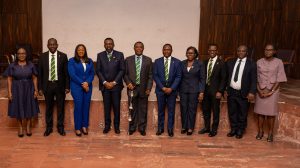
A revised version of the Code of Ethics of the Ghana Journalists Association (GJA) has been launched in Accra.
The Code is meant to ensure that GJA members adhere to the highest standards of ethical behavior and professional competence in the performance of their duties.
The Code provides a frame of reference to the National Executive of GJA, Ethics Committee and Disciplinary Council (ECD) of GJA and members of the Association when it becomes necessary to initiate disciplinary action against any member who flouts any article of the Code.
Essentially, the Code is expected to address issues of ethical breaches-- hoax stories, April Fool Day pranks, fabrications, publishing stories without sourcing authentication and presenting advertisements and promotional materials as news-- that have been identified in the practice of Journalism in Ghana.
It is also expected that when these challenges are effectively addressed, responsible journalism will prevail which will inevitably promote accountability, build trust and add value to the output of journalism and media organizations, and improve upon the image of the profession.
It is applicable to all categories of journalists working with newspapers, radio, television, cross media/online media, multimedia, social media as well as those working as photo-journalists, cartoonists and animation specialists.
The Minister for Information, Mustapha Abdul-Hamid, in an address to launch the Code on Tuesday, noted that a free media was the essence of democracy and that the role of journalists in promoting a free and responsible media required adherence to high standards of ethical behaviour.
Mr Abdul-Hamid said adherence to high standards of ethical behaviour required regulations and expressed the hope that the Code, which formed the basis of media regulation, would serve as a launch pad for journalists to be disciplined and practice responsible journalism in order to make a positive impact on society.
In a statement, Mr Affail Monney, President, GJA, made it clear that the professional journalist could only be distinguished from the charlatan through respect or otherwise for ethical conduct and the basic principles of media practice.
Mr Monney urged all journalists to regard the Code as their 'professional Bibles and Qurans' and pledged to mobilize the necessary resources to enforce the provisions of the Code.
The Chairman of the National Media Commission (NMC) and Chairman for the occasion, Nana Gyan Appenteng, in his remarks, said respect for law and ethics was the mark of professionalism and that the basis for any profession was its underlying ethics of practice.
Nana Appenteng explained that codes formed the basis of constitutional self-regulatory mechanism for media practice to ensure that governments did not exercise any acts of regulation or control over the media.
He, therefore, stressed the need for enforcement of the Code and urged every media house to police its own ethical practices, while urging the GJA to embark on a massive public education campaign as a means to promoting understanding of the contents of the Code and enforcing it.
Source: ISD (G.D. Zaney)
Read Full Story























Facebook
Twitter
Pinterest
Instagram
Google+
YouTube
LinkedIn
RSS